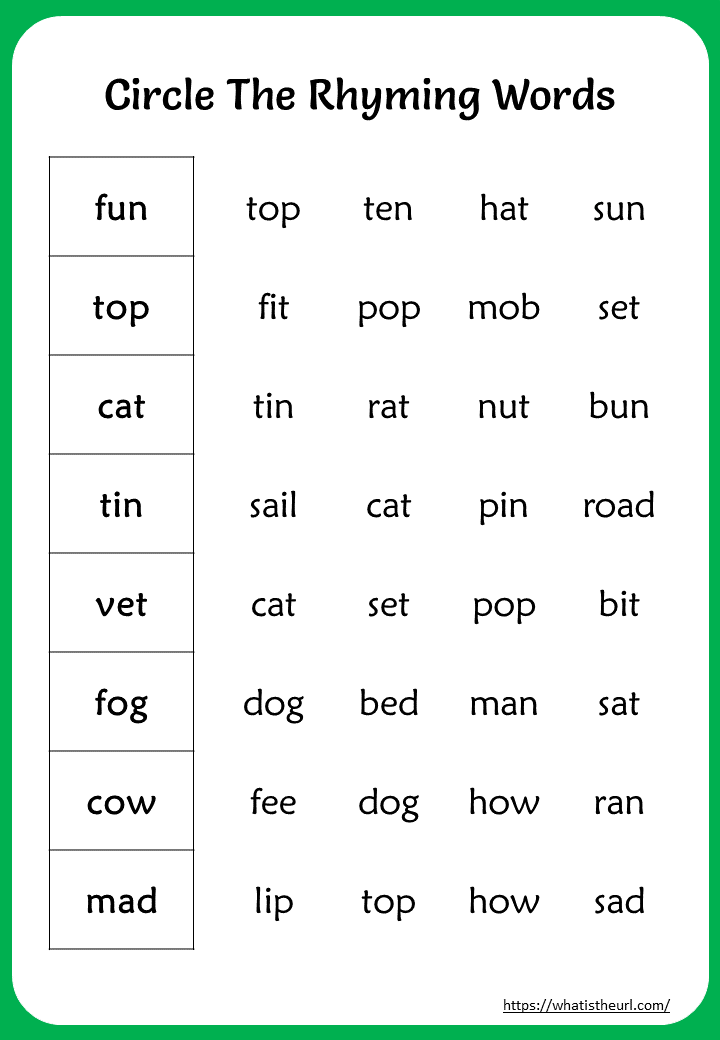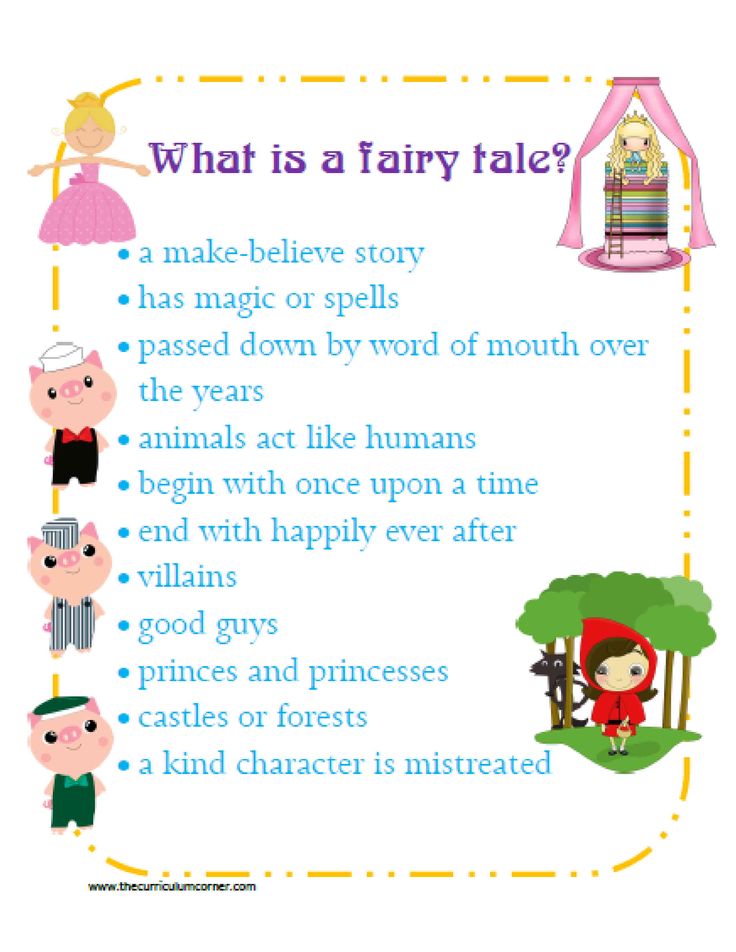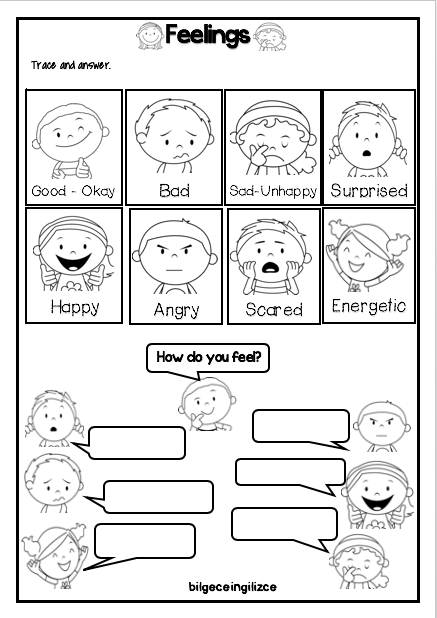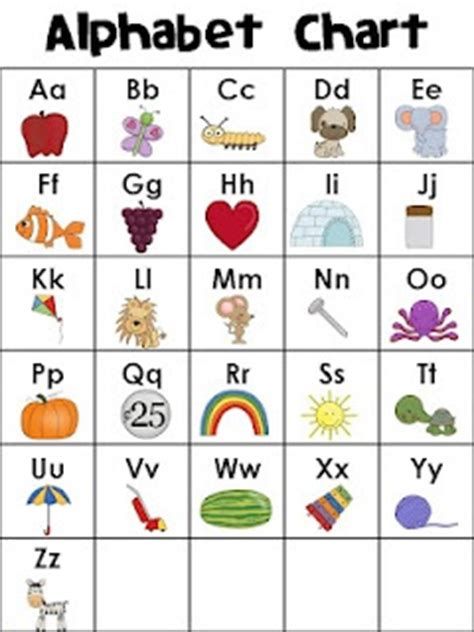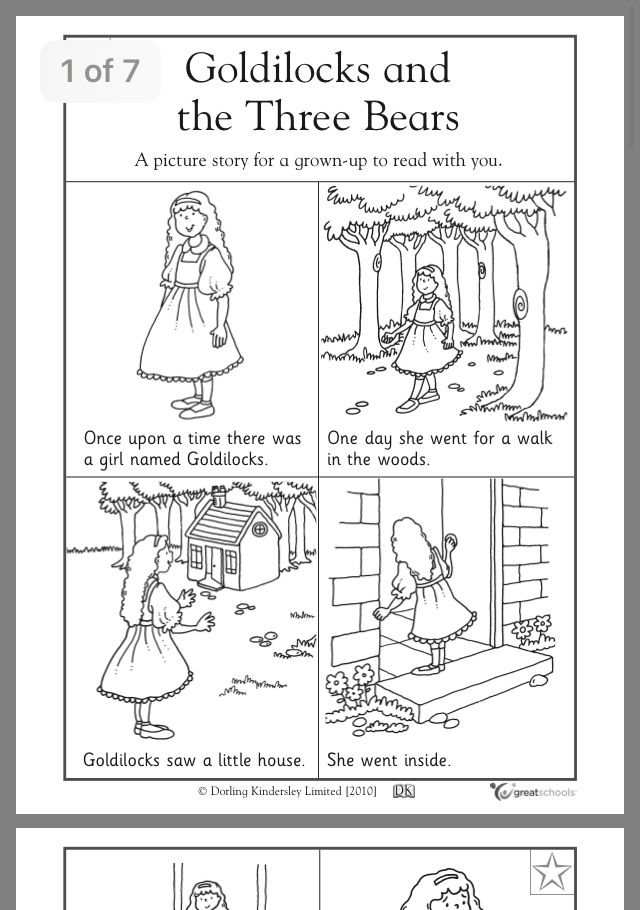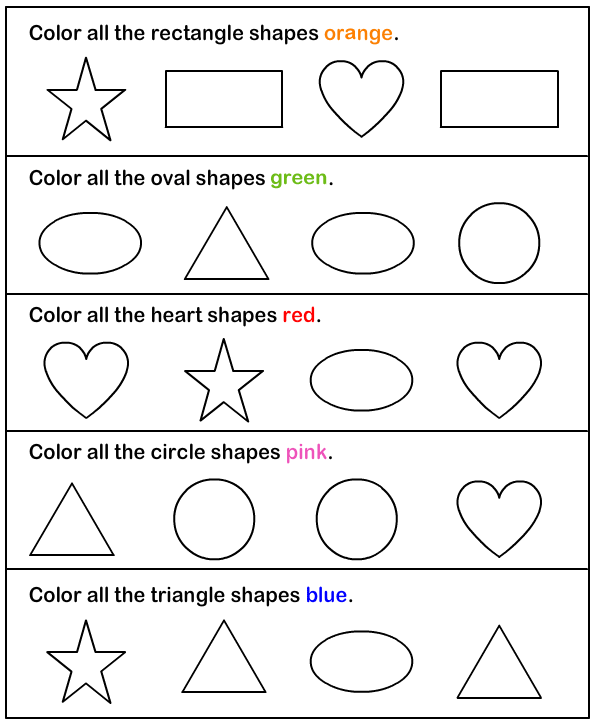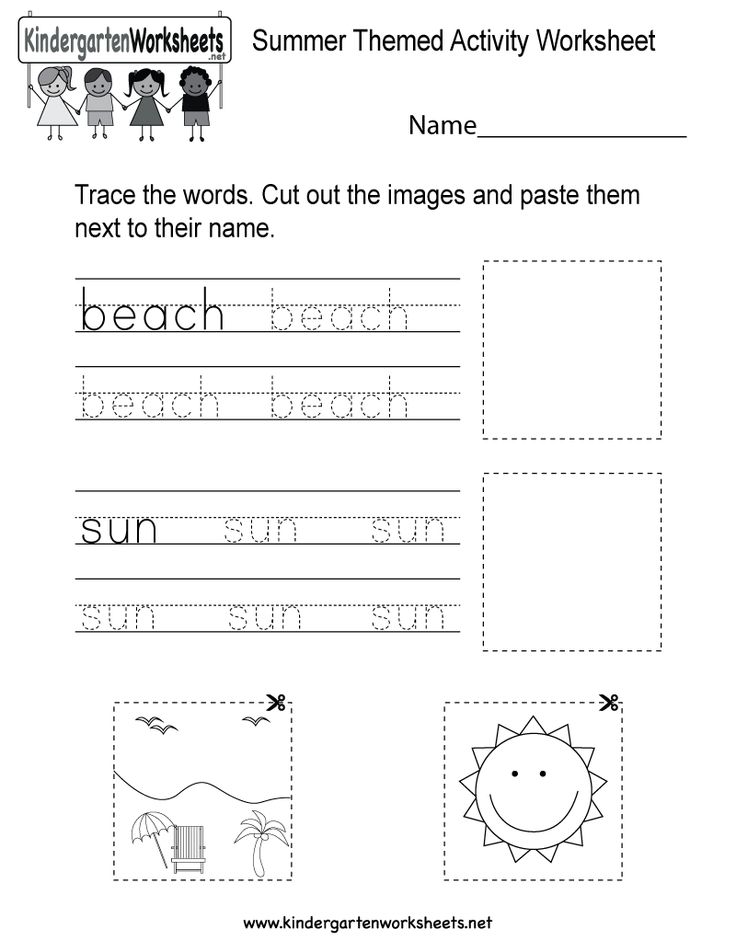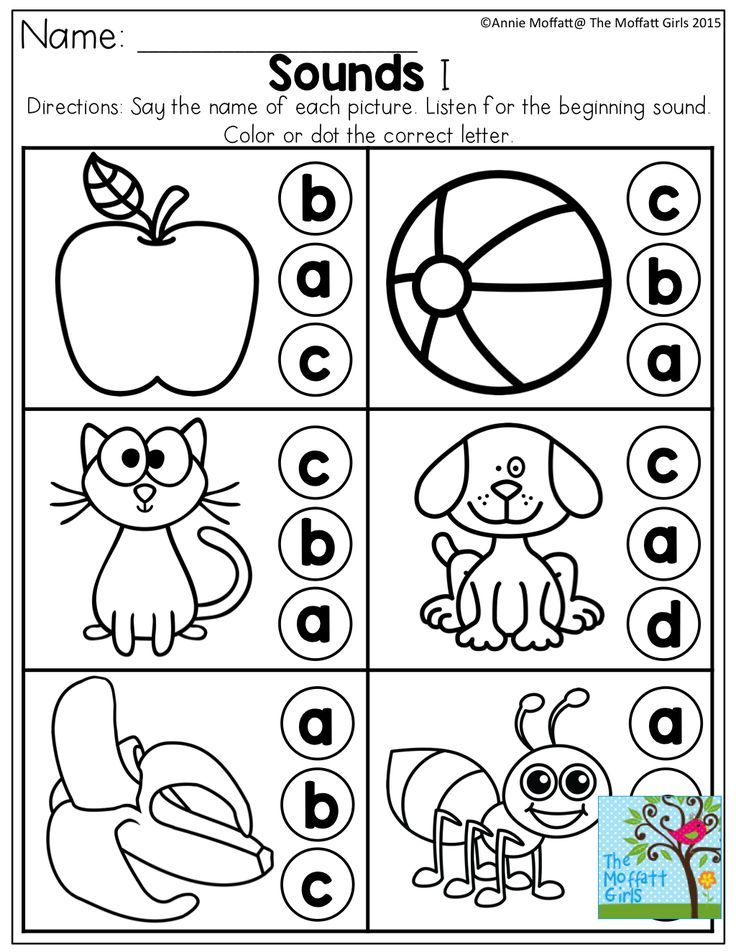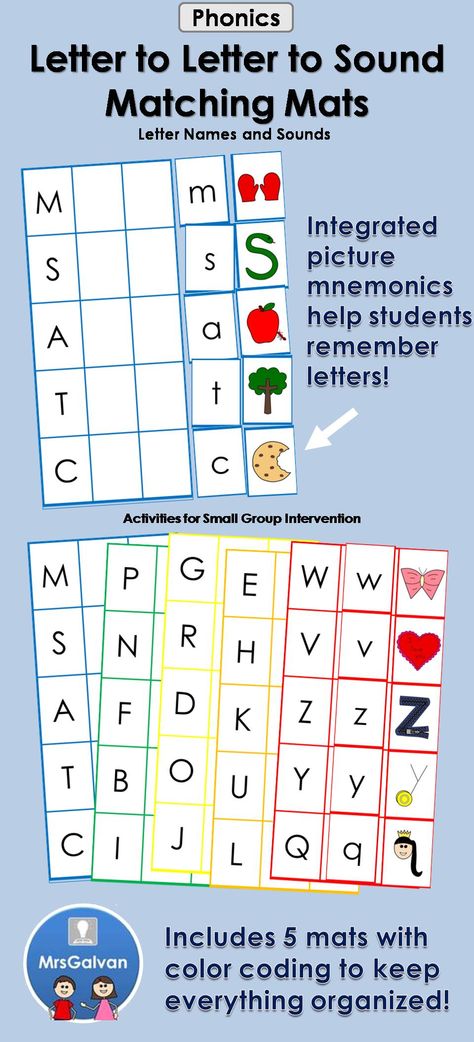Rhyming words for here
beare, beer, bere, cheer, clear, dear...
Pure Rhymes – 159 rhymes
Words that have identical vowel-based rhyme sounds in the tonic syllable. Moreover, that tonic syllable must start with a different consonantal sound.
beare
beer
bere
cheer
clear
dear
deer
deere
ear
fear
fier
fleer
frere
gear
hear
jeer
kier
kir
mear
mere
mir
near
neer
peer
pier
queer
rear
sear
sere
shear
sheer
smear
sneer
spear
speir
sphere
stear
steer
tear
teer
veer
we're
wier
year
adhere
appear
austere
career
cashier
emir
frontier
premier
premiere
rehear
revere
severe
sincere
unclear
veneer
uprear
auctioneer
bandolier
brigadier
budgeteer
cavalier
chandelier
chevalier
commandeer
disappear
domineer
engineer
financier
financiere
gondolier
insincere
interfere
marketeer
mutineer
overhear
pamphleteer
persevere
pioneer
profiteer
racketeer
reappear
souvenir
summiteer
volunteer
wagoneer
lithosphere
conventioneer
electioneer
reengineer
bioengineer
Amir
Belvedere
Bombardier
Charpentier
Dornier
Frear
Geer
Gere
Greer
Lanier
Lazear
Lear
Meir
NIR
Pelletier
Puryear
Rainier
Rensselaer
Safier
Schear
Scheer
Shamir
Shere
Speer
Steere
Vere
Wazir
Zaire
Bronx cheer
- small beer
- Bronx cheer
- coast is clear
- in the clear
- into the clear
- see one's way clear
- oh dear
- bug in one's ear
- by ear
- flea in one's ear
- give a thick ear
- have one's ear
- lend an ear
- play by ear
- play it by ear
- put a flea in one's ear
- roasting ear
- tin ear
- turn a deaf ear
- you can't make a silk purse out of a sow's ear
- for fear
- get one's rear in gear
- high gear
- in high gear
- out of gear
- slip a gear
- throw out of gear
- so i hear
- anywhere near
- draw near
- far and near
- nowhere near
- bring up the rear
- bum steer
- wear and tear
- leap year
End Rhymes – 28 rhymes
Words that have a pure rhyme on their last syllable only.
headgear
cashmere
uprear
midyear
reindeer
yesteryear
hemisphere
stratosphere
atmosphere
mountaineer
biosphere
acyclovir
Brashear
Goodyear
Blackshear
Kashmir
Ellesmere
Kinnear
Vermeer
Landwehr
Nyerere
Meyerbeer
Elsevier
Retrovir
Belvidere
Lincolnshire
Vladimir
Asthenosphere
Near Rhymes – 136 rhymes
Words that "almost" rhyme on the vowel-based rhyme sound of the stressed syllable like: be/eat or maybe/shapely.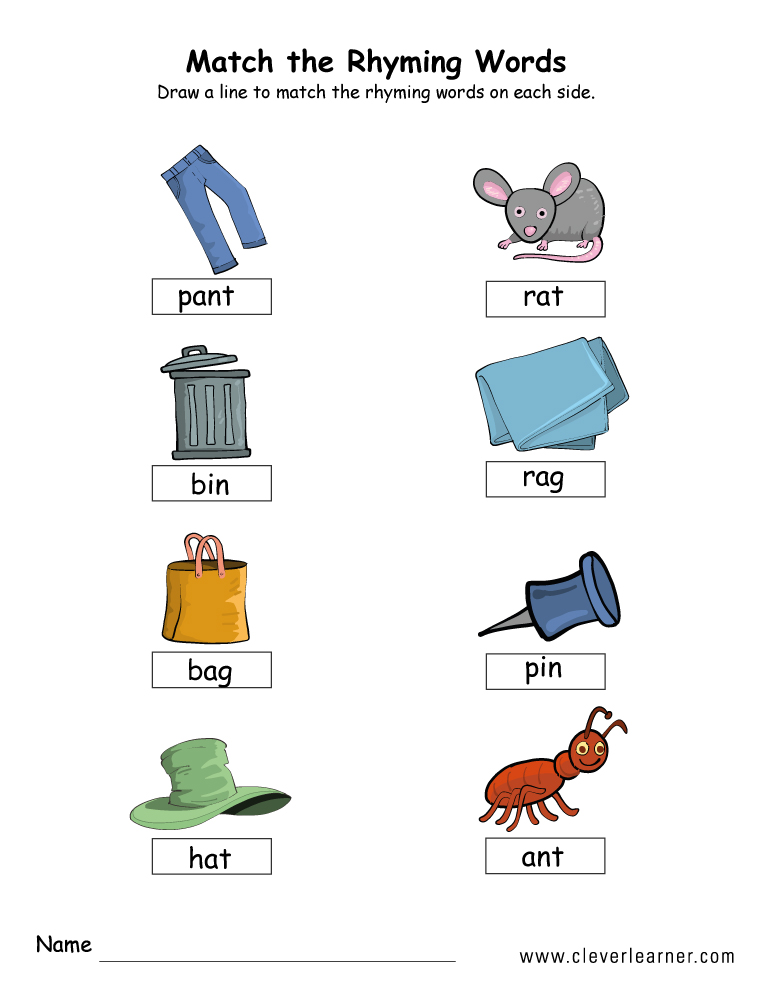
Beirne
Byrn
Ierne
fierce
pierce
Bierce
Pearce
Peirce
beard
cheered
cleared
eared
feared
geared
jeered
neared
peered
reared
seared
sheared
smeared
sneered
steered
veered
weird
adhered
appeared
cashiered
premiered
revered
commandeered
disappeared
interfered
persevered
pioneered
reappeared
volunteered
bioengineered
Sheard
- laugh in one's beard
- dog eared
- jug eared
"Go Pro" to see the next 2 near rhyme sets.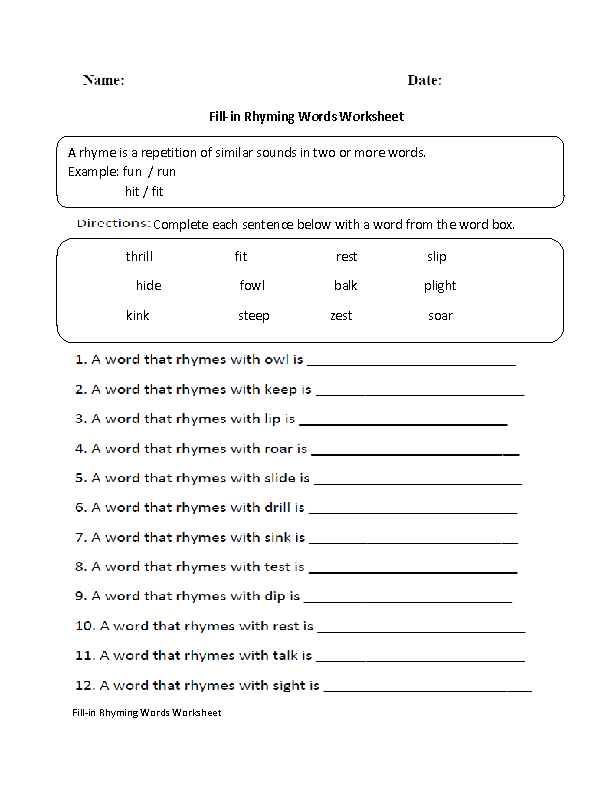
Click here to "Go Pro"
Mosaic Rhymes
Rhymes made up of more than one word. For instance, "jealous" and "tell us" or "shaky" and "make me."
One-syllable words do not have mosaic rhymes.
Words That Rhyme With "Here"
Rhymes | Synonyms
include near rhymes
Filter Resultsshow rare words
show proper nouns
show consonances
All|Nouns|Verbs|Adjectives|Adverbs
1 syllable:
beer, bier, blear, cere, cheer, clear, dear, deer, Deere, dere, dier, drear, ear, fear, fere, fiar, fleer, freer, gear, gier, hear, heer, jeer, kier, kir, Lear, leer, Lir, Meir, mere, mir, near, neer, peer, pier, queer, rear, sear, seer, sere, shear, sheer, skier, smear, sneer, spear, speer, speir, sphere, stear, steer, sweer, tier, Tyr, veer, we're, weer, weir, year
2 syllables:
adhere, ameer, amir, anear, appear, arrear, Asir, austere, besmear, brevier, career, cashier, chimere, clavier, cohere, compeer, denier, Desir, emeer, emir, endear, ensphere, fakeer, fakir, faqir, frontier, inhere, insphere, Izmir, klavier, Lanier, laveer, maftir, mateer, Melchior, mishear, mynheer, oneyear, pickeer, plancier, premier, premiere, rainier, rehear, revere, revers, sameer, Sapir, severe, Shamir, sightseer, sincere, Tangier, unclear, unsphere, uprear, veneer, vizier, wazir, zaire
3 syllables:
Abukir, auctioneer, balladeer, bandolier, belvedere, bombardier, brigadeer, brigadier, buccaneer, budgeteer, cameleer, cannoneer, carbineer, cavalier, chandelier, chevalier, chiffonier, commandeer, compotier, crotcheteer, cuirassier, disappear, domineer, engineer, eyeleteer, fictioneer, financier, financiere, fusilier, gadgeteer, garreteer, gasolier, gazetteer, gondolier, grenadier, hackbuteer, halberdier, insincere, interfere, junketeer, lavaliere, marketeer, megathere, muffineer, muleteer, multiyear, musketeer, mutineer, overdear, overhear, overseer, pamphleteer, pelletier, persevere, pioneer, plumassier, pontoneer, privateer, profiteer, pulpiteer, puppeteer, racketeer, reappear, rocketeer, routineer, sloganeer, sonneteer, souvenir, stockateer, summiteer, targeteer, volunteer, weaponeer
4 syllables:
boulevardier, carabineer, charioteer, conventioneer, electioneer, electrolier, gonfalonier, Guadalquivir, harquebusier, imagineer, reengineer
5 syllables:
bioengineer
45 words with "reminders" that will be useful to schoolchildren and adults - Teacher's newspaper
No matter how you learn stress, you can still get confused at the most inopportune moment.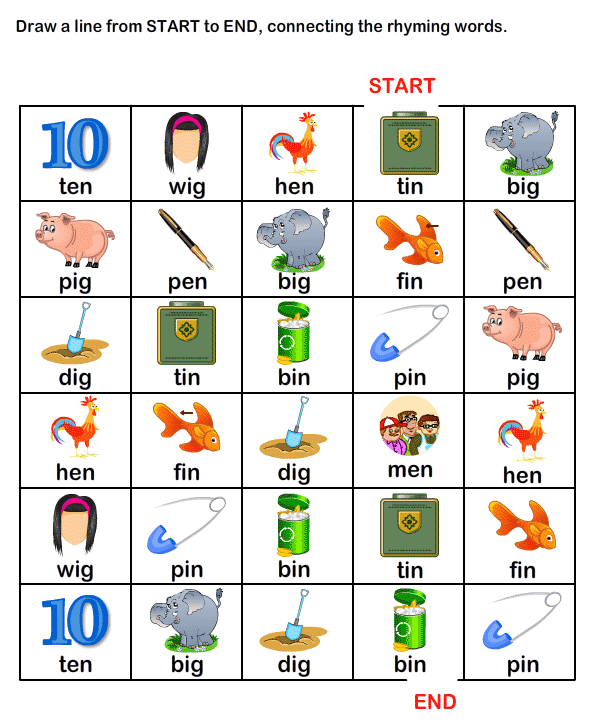 We tried to speak correctly, but many around speak differently, and we begin to echo them. "Gramotator" has repeatedly addressed the topic of stress. But questions from our readers keep coming. And today we decided to offer a mini-dictionary of the most problematic nouns with rhymes for memorization. They will be useful both in life and on the exam. And as a daily cheat sheet, you can use our cards.
We tried to speak correctly, but many around speak differently, and we begin to echo them. "Gramotator" has repeatedly addressed the topic of stress. But questions from our readers keep coming. And today we decided to offer a mini-dictionary of the most problematic nouns with rhymes for memorization. They will be useful both in life and on the exam. And as a daily cheat sheet, you can use our cards.
Noun stresses
The letter A
Asymmetry
The stress in this word falls on the last syllable. The “asymmetry” familiar to many is wrong. Although some dictionaries provide such an option as the only or alternative, they are in the minority. And it is asymmetry that corresponds to a strict norm. Our rhyme will help you remember this.
Allergy occurs,
When there is asymmetry all around
Airport
The stress in all forms, except for the prepositional case, falls on -port-. In the prepositional case, the stress falls on the ending when we talk about the place (where) - at the airport, and on - the port when we talk about the airport. Let's learn " memory notes ", and we will never make a mistake.
In the prepositional case, the stress falls on the ending when we talk about the place (where) - at the airport, and on - the port when we talk about the airport. Let's learn " memory notes ", and we will never make a mistake.
Airport
Settled in comfort -
Satisfied with the airport.
At the airport (where, about the place)
How the liner is gaining altitude,
You will only see it at the airport.
About the airpoore (about which)
read news about sports,
And read - about the airpoore
Aero -reproaches (multiple)
We love resorts,
We hasten at aeropors.
Letter B
Bows
This is one of the few two-syllable nouns in which the stress in all forms and plural falls on the last syllable. Here, too, it is enough to remember the word "bow" and simply substitute endings for it, without changing anything.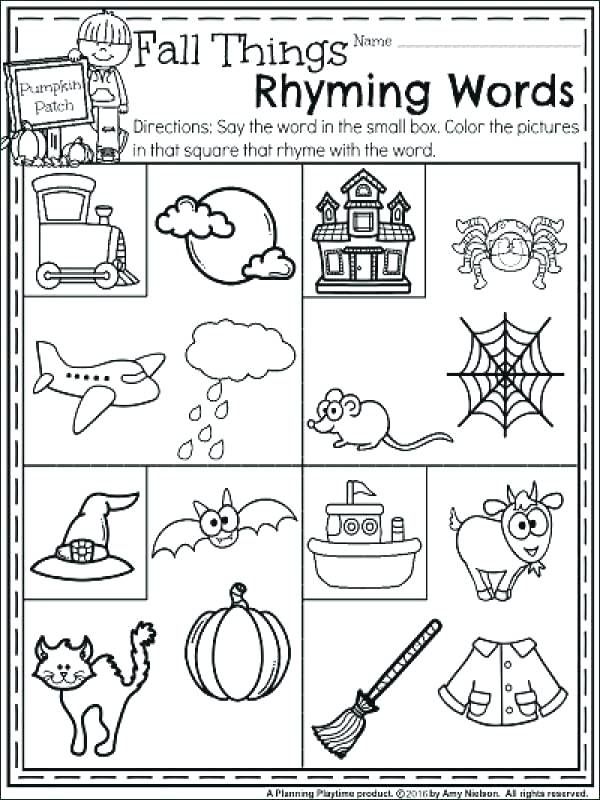 Well rhyme will help.
Well rhyme will help.
piping on the shirt,
bows on the head
Boutique
The word came from the French language, which means that the stress falls on the last syllable. The main thing to remember is that the stress will stand when changing the word in cases and in the plural. And rhymes will help to fix.
Light and shine -
Just chic
This brand new boutique
Boutique
Sign of the faceless
In a fashionable butter
Boutik
I was surprised by the 30005
Boutike
in Boutike
We will give a carpet
in a boutike 9000,0002
9000 Blueberries, lingonberries and strawberries
Do not sell beautiful fashion boutiques
Accountant
Directors, professors have long turned into directors and professors, shifting the emphasis to the ending.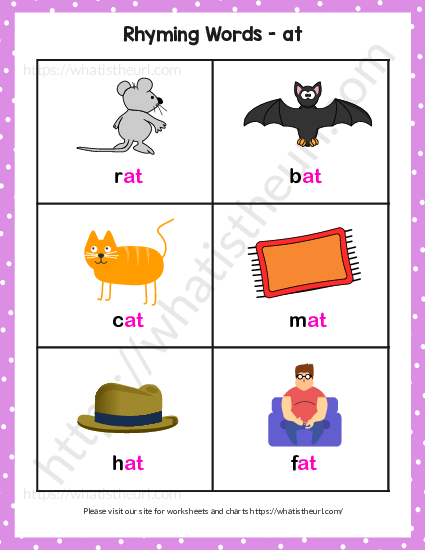 But accountants are not one of those. The stress in this word is invariable and in all forms of the plural falls on the root.
But accountants are not one of those. The stress in this word is invariable and in all forms of the plural falls on the root.
A “Memill ” will help not to forget:
Accounts (multi -d.), Accounters
Good Harakters
have all accountants,
and bad harackers
have no accounting accountants.
Letter B
Widowhood
The stress in this word always falls only on the last syllable. It does not change with the declension of the noun.
Here you can not do without « memory sticks »:
Magic for Christmas
Widowhood instantly crumbled.
Religion
Despite the fact that many stubbornly say religion, the correct option is only religion. And nothing else. Let's remember the word "know", it will help to correctly place the stress. And you can also come up with rhyme, so as not to make a mistake.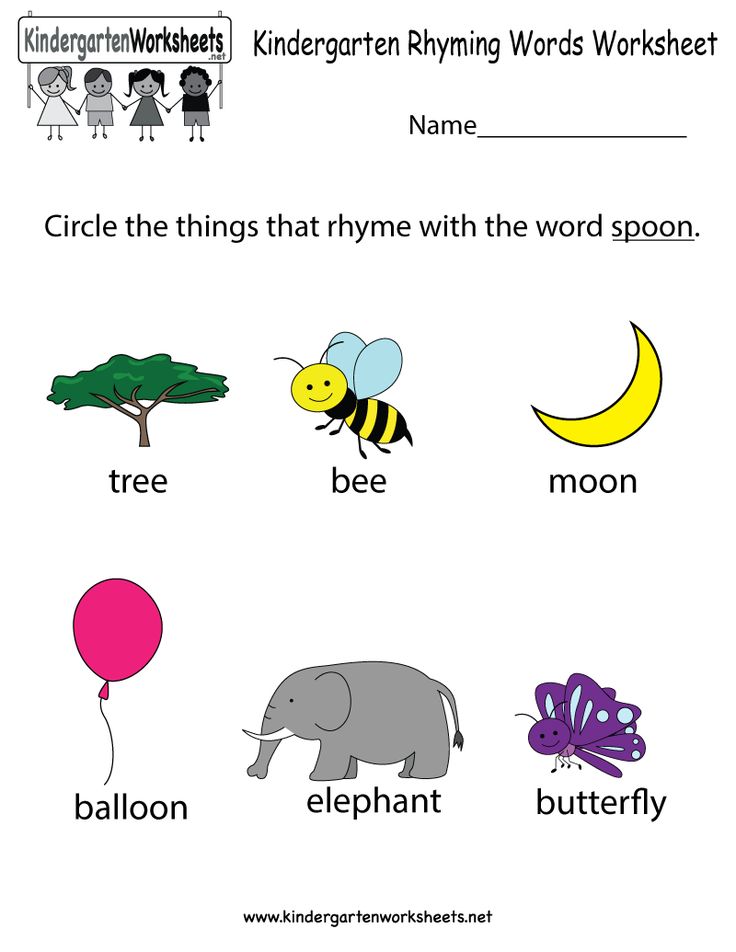
I know - I don't know,
What I confess.
I don't know at all
Religion.
Ages
In the plural, as in "accountants", the stress in the word "age" remains unchanged, on the first syllable - ages. Saying and writing "age" is incorrect. And the classic will help to remember this:
All ages are submissive to love.
Download this flashcard to help you memorize difficult accents faster. And we go further - before us are the words with the letter "g".
Letter G
Rake
When the word “rake” is changed, the stress will not move anywhere - it will remain on the first syllable, whether we rejoice at the rake, work at the rake or think about the rake.
Rhyme will help you remember easily:
Hands are already cold -
How can we hold the rake?
Rake
Forehead covered with drops
From working with a rake.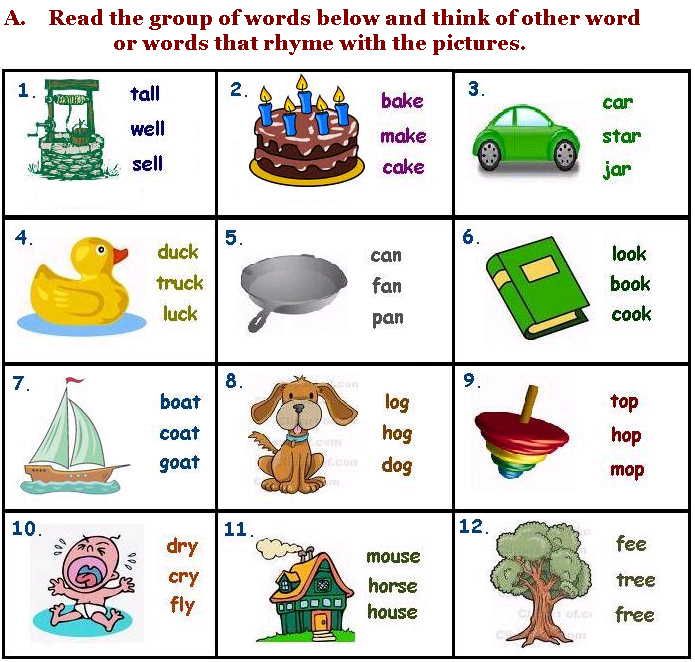
Rake or rake
There is no rake in the barn,
I had to work with a saber.
Corrugated
Amazing word! Most pronounce it incorrectly, and the emphasis here falls not on the second, but on the third syllable - corrugated. By analogy with "pleated". So let's remember, and rhyme will help in this.
Pleated skirt,
A pleated bow.
Corrugated can be not only a bow, but also hair tongs, and a hose, and metal. However, the emphasis will not change.
Letter D
Door
When changing the word “door”, the accent almost always remains on the root. And only in one case - if we are talking about the door as a place - the emphasis will go to the ending.
To the door
At the door
But (hanging) on the door.
And it’s better to remember and not get confused, it will help rhyme about wild animals:
Wild animals came to the door -
They knew that crackers
The owner left them at the door.
Dispensary
The word is of French origin, and therefore the stress falls on the last syllable. The word "dispensary" does not correspond to the norm. Only the dispensary is correct. The stress will not change when the word is declined. And “ memorizer ”
Engineer pronounces
The word is correct – dispensary.
Agreement and agreements
Frequently used “agreements and agreements” are strictly prohibited! Only contract and contracts.
Let's remember rhyme and we won't make mistakes:
Have a conversation with a lawyer,
To conclude an agreement.
But talking won't help
Making contracts.
Letter I
Icon painting
Surprisingly, the stress in this word falls on the first syllable. And, although from the word “icon” one really wants to say “icon painting”, this should not be done.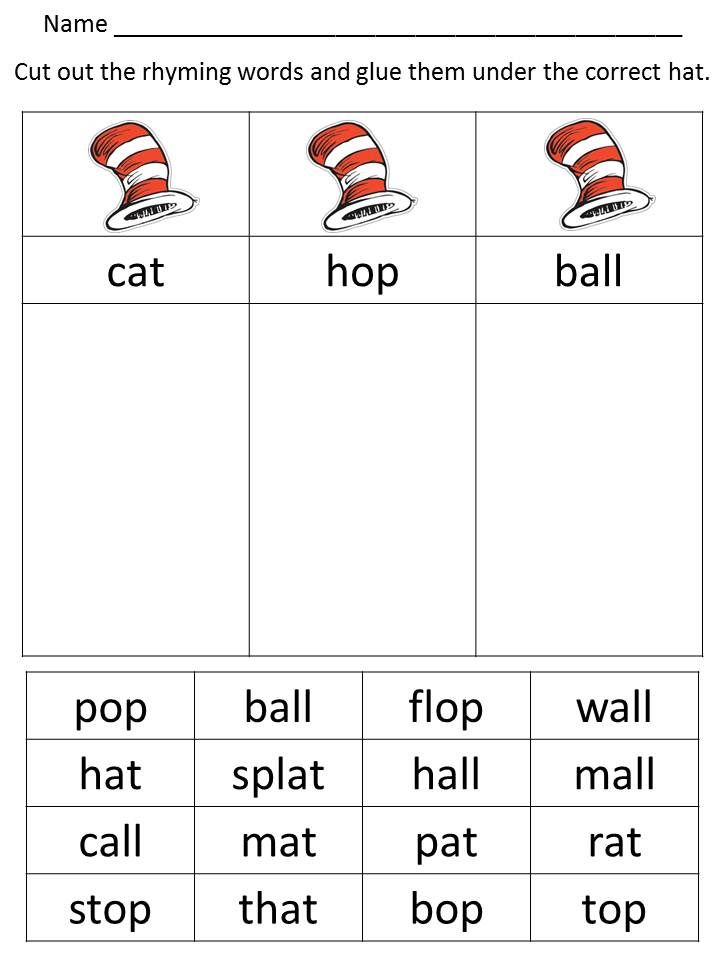 Rhyme :
Rhyme :
Turned out today
What is right - iconography.
Game
The word, although old, is used in modern speech, including in a figurative sense. As in the previous word, the stress here falls only on the first syllable. No games allowed! And “ memorizer ”:
Came in a monster costume
To the school for a game.
Letter K
Catalog
Words ending in -log have different stresses. In the word catalog, as in the words dialogue, monologue, prologue, epilogue, the stress falls on the last syllable. There is no word catalog. Rhyme will help you not to get confused.
We started a dialogue,
We are discussing the catalogue.
Containers
And somewhere, probably, there are containers, because that's what they say very often. However, the stress here is stable and in all forms of the word falls on the second syllable - containers. It never carries over to the end.
It never carries over to the end.
Let's remember "accountants" and "ages" and just remember.
And again, our cheat sheet, which you can download and use to memorize difficult stresses.
The letter M
In a glimpse
Another difficult word, who says "briefly", and who says "briefly". Unfortunately for many, the second option is wrong. The stress in the word "glimpse" falls on the first syllable. There are no exceptions. You can come up with your own associations to remember, or you can learn our rhyme :
They write very small,
We caught a glimpse
Garbage chute
If we don't want to push garbage into the wires, then we shouldn't say garbage chute. Garbage can only be thrown into the garbage chute. The stress in this word falls on the last syllable. As in other "wires" - a gas pipeline, a pipeline, an oil pipeline.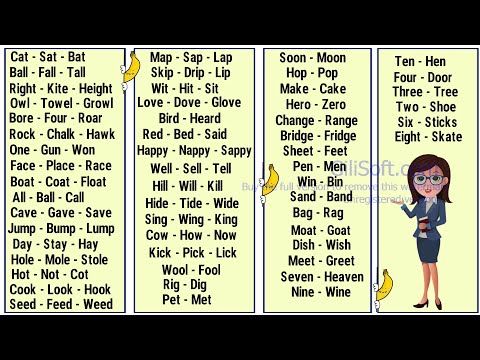 And it will help to remember rhyme :
And it will help to remember rhyme :
The whole rather big passage
The garbage chute occupied.
Letter H
Nakid
It would seem that this word should not cause difficulties. But it turned out that there is some professional slang - many knitters say nakid, throwing a loop on a knitting needle. However, there are no exceptions here. Only nakid is correct - in knitting and in other cases. "Memory" will help;
We are not very surprised:
In knitting, they make a crochet.
Intention
Where the word “intention” comes from is unknown, but it sneaks into our speech quite often. However, there is only intention. The stress in this word falls on the second syllable. The rhyme will help to remember, and to someone to get rid of incorrect pronunciation:
It is better to be more moderate
Talk about intentions.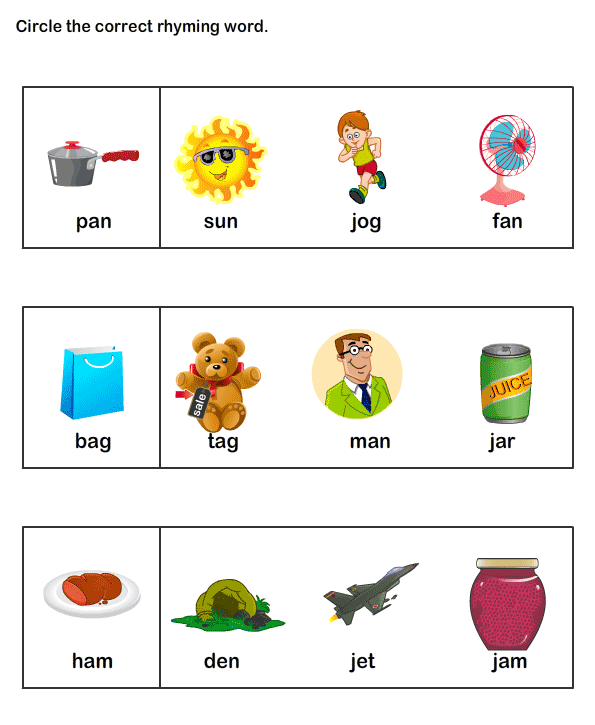
Letter O
Provision
The stress in this word always falls on the third syllable - provision. And it doesn’t matter if we are talking about material support for someone, ensuring an obligation with something or ensuring someone’s safety. The stress will stand in any case. There is no word “providing”, which many dictionaries explicitly warn about.
A rhyme will help you remember this difficult word:
is marked in the dictionary
The word provision
Window - window
Do you remember the words of the song of the Lyube group: “... from the wide open windows ..”? Many will be surprised, but this is not the norm. In the genitive plural, the stress falls on the first syllable - windows. Not windows. Remember?
What is this cocoon
Do we see from the windows?
Letter П
Appeal
The stress in this word always falls on the second syllable.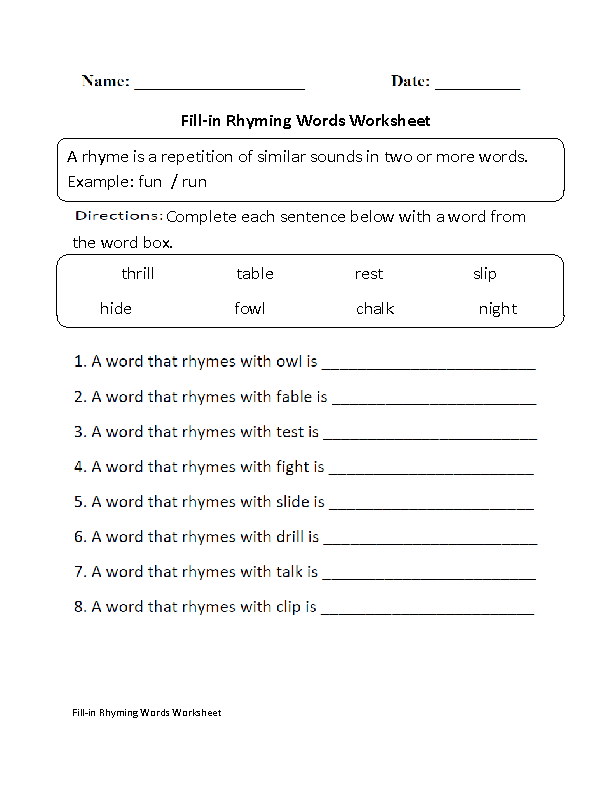 It doesn't matter if it's a call to action or a call to the army. Often, when it comes to conscription for military service, you can hear the call. However, in the army, as well as for action, they are called. And there is no reason to change the stress in a word depending on the meaning. In all cases, the emphasis is the same - the call. A from rhyme easier!
It doesn't matter if it's a call to action or a call to the army. Often, when it comes to conscription for military service, you can hear the call. However, in the army, as well as for action, they are called. And there is no reason to change the stress in a word depending on the meaning. In all cases, the emphasis is the same - the call. A from rhyme easier!
The window is open,
We hear the call.
Pullover
Not a half-over, not a pullover, but only a pullover. Dictionaries do not provide other options. In order not to accidentally put on a half-belt, remember rhyme :
A beautiful motor scooter.
And a pullover in his color.
The letter P
Shell
Perhaps, checking the word "shell", some put the emphasis on the first syllable - shell. And what? A large shell, and a small shell. However, the word "shell" is not a test word for a shell.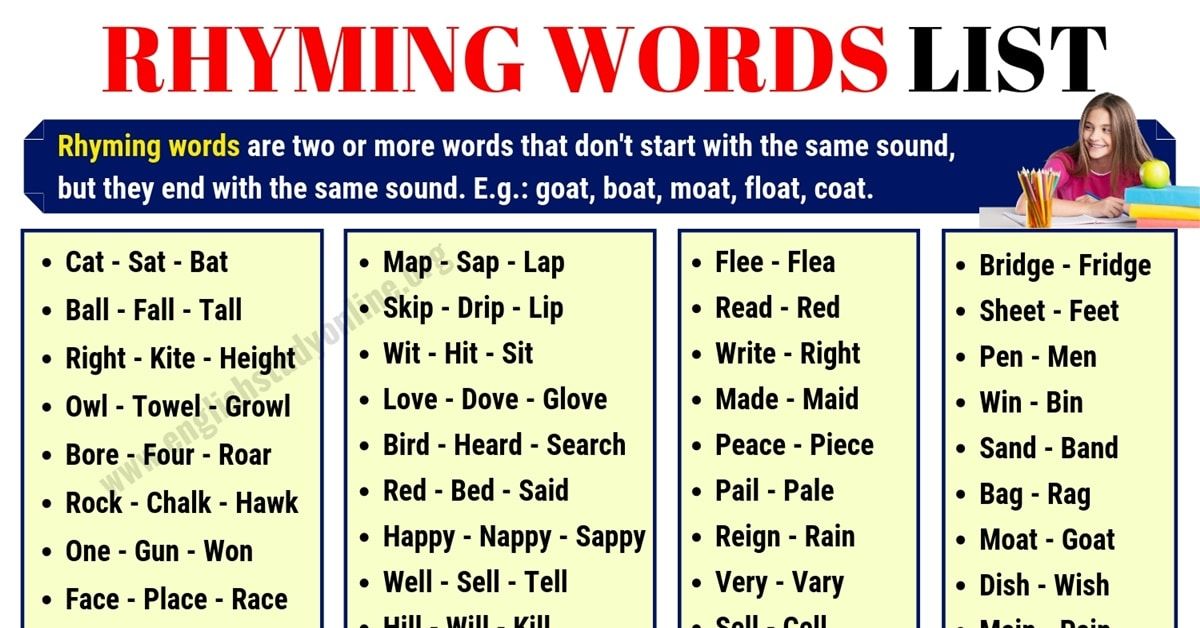 And the stress in this word is placed on the second syllable - shell. And small, and large, and river, and sea. And to be remembered better, rhyme :
And the stress in this word is placed on the second syllable - shell. And small, and large, and river, and sea. And to be remembered better, rhyme :
Beautiful toy
From a seashell.
Regent
The word has several meanings. This is both the temporary ruler and the conductor of the church choir. But the stress is one - on the first syllable. In M.A. Bulgakov’s novel The Master and Margarita, the “regent” is quite common: this is how Koroviev called himself at the beginning of the work. “Now the regent put on his nose an obviously unnecessary pince-nez, in which one glass was missing at all, and the other was cracked.” If anyone doubted how to pronounce Koroviev's position, now he will be sure that he is regent. Well, in addition to the classics, our " memo ":
Likes to listen to reggae
Hora former regent
And this is the third card from the dictionary. Download it and we will not make mistakes in pronunciation.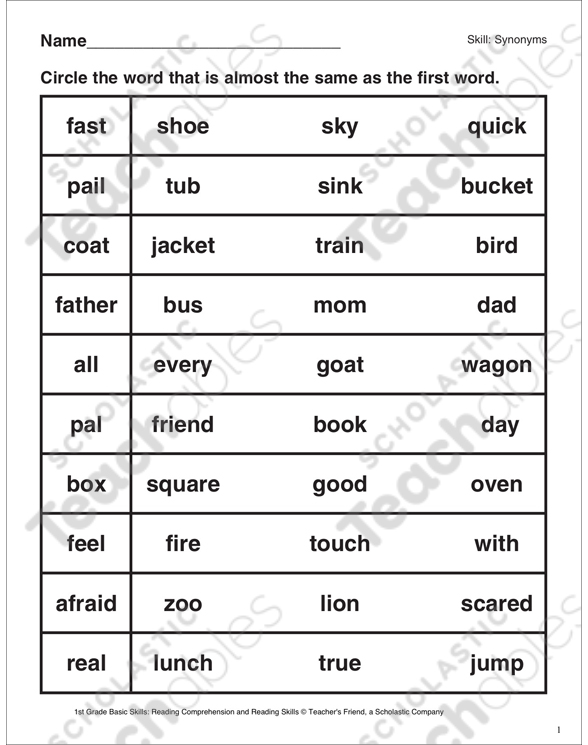
Letter C
Symmetry
Remember the asymmetry? One might think that in the word "symmetry" the stress falls on the last syllable. The words are similar! But no, that would be too simple, so in the word "symmetry" the stress falls on the second syllable - symmetry. Here, as in the case of asymmetry, there are sometimes two options in dictionaries - symmetry and symmetry. But only the first one corresponds to a strict norm - symmetry. Remember with rhymes
Likes geometry,
So that there is symmetry.
Concentration
Concentration can often be heard. But let's imagine how something gathers at one point, and easily remember what is right - concentration. And if the dot does not help, then our rhyme will definitely do it:
The shutters are boarded up,
Silence is concentrated here
The insurer
For some unknown reason, this word is pronounced insurer.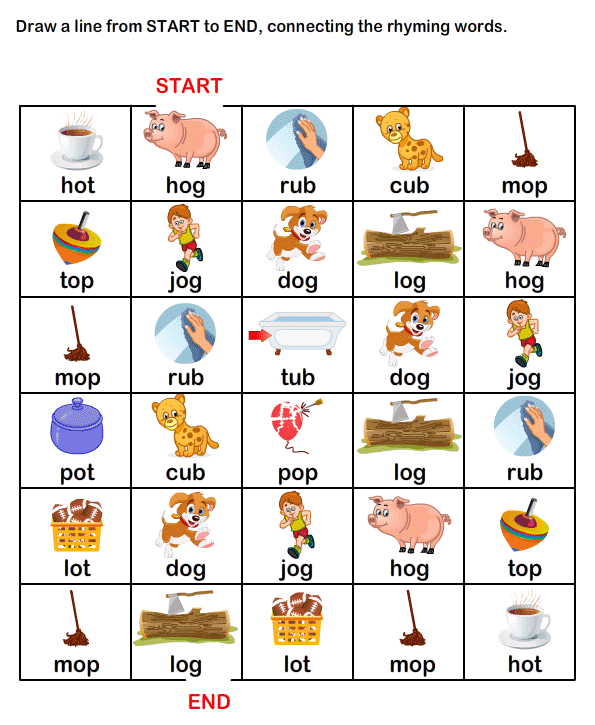 Perhaps, by analogy with some professions in the -man: crane operator, shoemaker. However, none of the modern dictionaries records the word "insurer". There is only "insurer". The emphasis on "o" remains in the derivative words "insurer", "reinsurer".
Perhaps, by analogy with some professions in the -man: crane operator, shoemaker. However, none of the modern dictionaries records the word "insurer". There is only "insurer". The emphasis on "o" remains in the derivative words "insurer", "reinsurer".
And it’s easy to remember: remember the word insurance, the insurer also has an emphasis on the letter “o”. And you can also come up with rhyme :
Lviv trainers
Always go to the insurer.
Carpenter
The correct stress in this word is on the last syllable. The profession of carpenter does not exist, no matter how often one hears this word. It's like saying not a painter, but a painter. However, they don’t say that, but for some reason the carpenter took root. And in vain, it does not correspond to the norm. The painter will help remember :
We have a painter working,
But we really need a carpenter.
By the way, the correct plural is “carpenters”, not carpenters and not carpenters.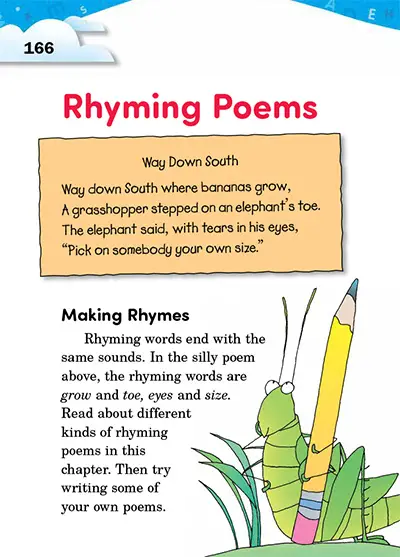 As, however, and painters.
As, however, and painters.
Letter T
Cakes
Do you remember the word "bows"? "Cakes" from the same company. There are not many two-syllable words that have the stress on the first syllable. Cakes is one of them. The stress will remain unchanged when the word is declined. There are no cakes, not cakes, delicious cakes are welcome, but not cakes. When changing the word in the singular in cases, the stress will stand - there is no cake, I'm glad for the cake, I dream of a cake. A rhyme will help you remember:
We are going to resorts,
We can’t eat cakes,
We want to flaunt in shorts,
But they don’t get slim “on cakes”.
Transfer
Despite the common pronunciation “transfer”, it is correct to stress only the last syllable – transfer. And a "reminder":
Famous collector
Booked a transfer to the hotel.
Shoe
Contrary to popular belief, the stress here falls on the first syllable.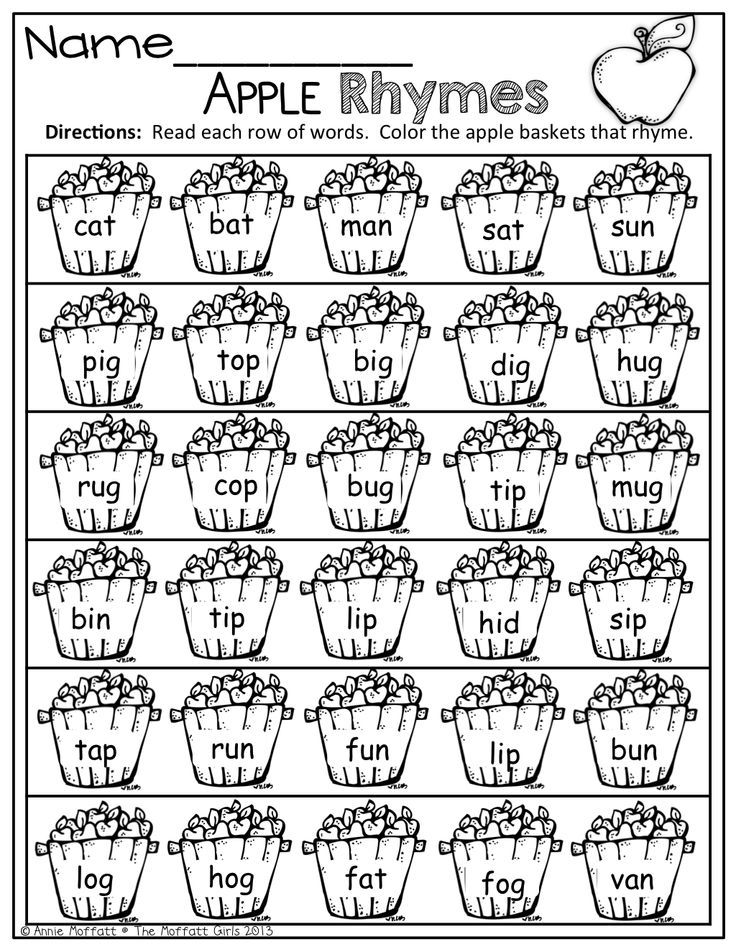 You can’t say “shoe” or “shoe”, only “shoe. And don't forget that the noun shoe is feminine.
You can’t say “shoe” or “shoe”, only “shoe. And don't forget that the noun shoe is feminine.
Letter X
Petition
One of the annoying and often used options is petition. Let's spare the ears of those around us and never say that! Only intercession and intercession. And with rhyme is easier to remember.
Just a treat for the ear.
When they say "intercession".
Letter Ш
Scarf
And one more of the few two-syllable words in which the stress falls on the first syllable. We already know about bows and cakes, and now scarves have joined them. It's only right, not scarves. The stress will be preserved when the word is changed both in the singular and in the plural - scarves, scarf, scarf, scarves. Rhyme will help you remember.
We play harps
Scarves are uncomfortable.
Let's sit down to the harps,
Let's take off our scarves
Double (variable) accents in nouns
Good news.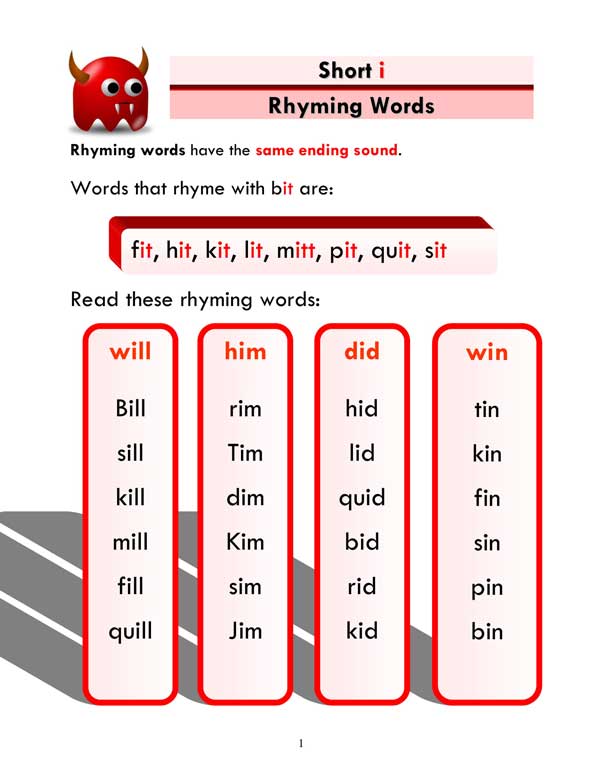 No, in all words it is not yet possible to put stress on different syllables at will. But there are a lot of words with variable stress. Let's present some of them.
No, in all words it is not yet possible to put stress on different syllables at will. But there are a lot of words with variable stress. Let's present some of them.
Apartments
It sounds amazing, but not so long ago only the pronunciation apartments was considered correct. And some dictionaries still fix this option as the only one. True, in some modern dictionaries you can see "apartment" as a colloquial option. But the majority still consider apartments and apartments to be equal. Both options are normal.
Bungalow
Until recently, only the bungalow was considered correct. Now, the stress depends on the choice of the speaker - both bungalow and bungalow correspond to the norm.
Croutons
As in the previous cases, only pronunciation - croutons was allowed before. And in the singular - toast had a masculine gender. Over time, croutons also appeared, and in the singular feminine toast.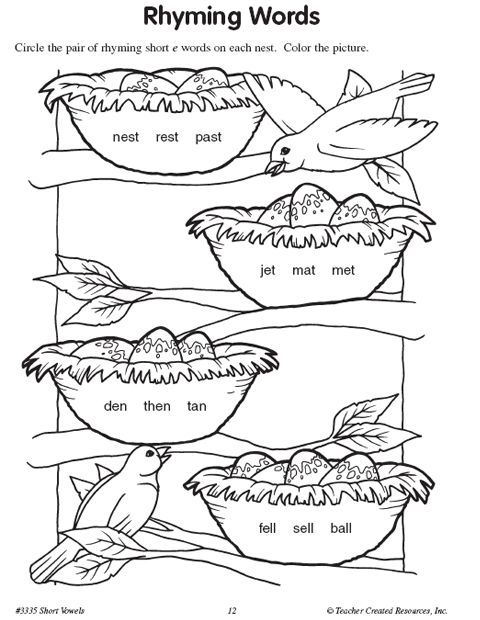
Both words are normative, and the choice is yours.
College
You might be surprised, but many dictionaries list both college and college as equals. True, more conservative dictionaries adhere to the college option. We would also recommend not to stress the second syllable. But in this case there will be no error either.
Cooking
She stopped being only cookery a long time ago, having got herself a sister - cookery. Both cooking and cooking are recorded in dictionaries.
Pizzeria
Here you can taste delicious pizza. And it can be pronounced differently. If strict dictionaries believe that only the pizzeria option is correct, then most dictionaries argue with them, fixing two options - pizzeria and pizzeria.
Meatballs
Don't be surprised. The correct options are meatballs and meatballs. But, if you are faced with a choice or preparing an official speech, then meatballs, of course, are preferable.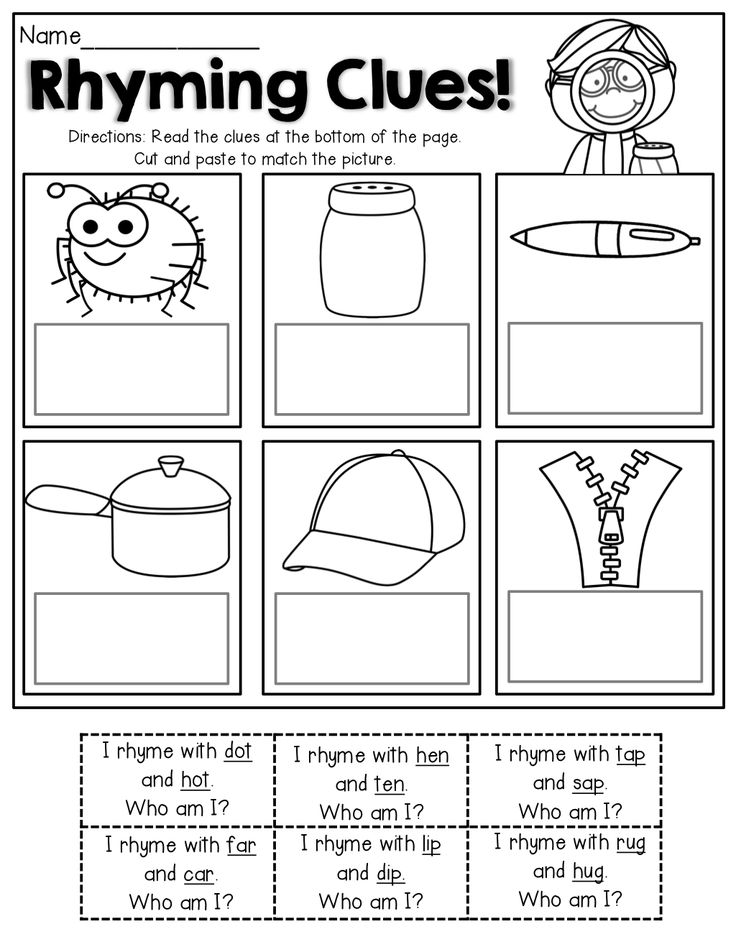 And don't forget that this word is only plural.
And don't forget that this word is only plural.
Cottage cheese
Both cottage cheese and cottage cheese are correct. Who is more comfortable. The choice is up to the speaker.
Chaos
Let's bring some chaos into our almost food vocabulary. Here, too, two of the two options are true - chaos and chaos. But only if it's a mess.
When we speak of ancient chaos, only chaos is correct.
Our dictionary is based on letters and questions from readers. Today, nouns are included in the dictionary, and in the next publications we will add adjectives, verbs, adverbs.
You can read more about stresses, incorrect words, the origin of different words and phrases in our "Gramotator" and "SLOGiYA".
And we are waiting for new questions. Register on the website of the network edition "Teacher's newspaper", ask, share your opinion, communicate.
Gramotator is already preparing new mini-dictionaries and other materials for our readers.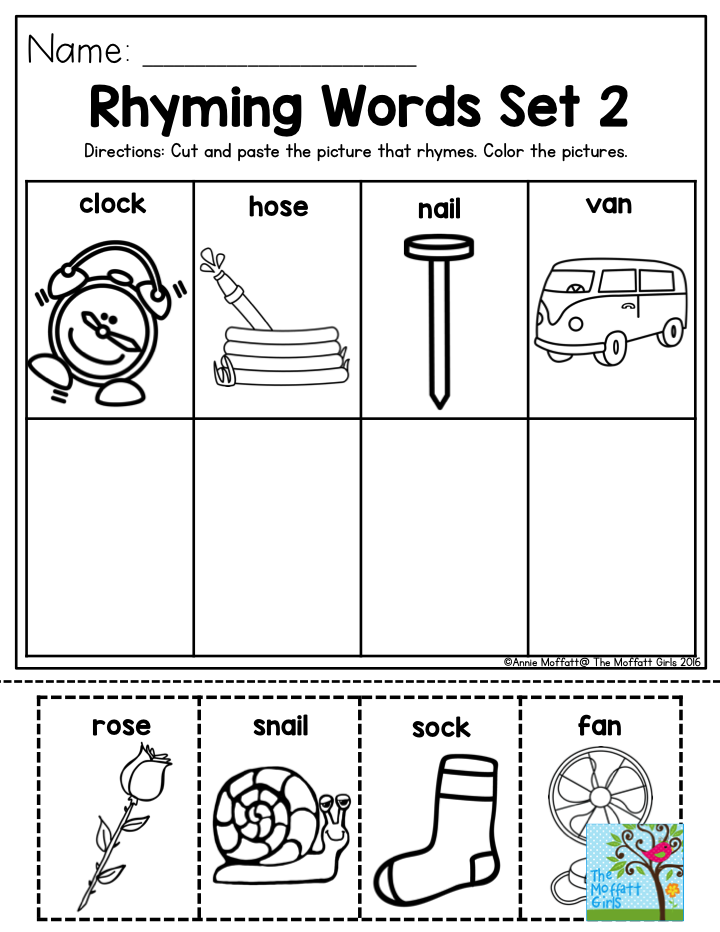
Drawings by Leah Volcher
| neo smile , who remembered in the comments to the previous column “Everything from the screw!”, I had an idea to take a small step into the territory of Bashlachev's poetics. Last time, we seemed to be convinced that from the point of view of rhyme, Bashlachev can do just about everything. If someone is suddenly not convinced, then take my word for it, or something. At the same time, in the song “Everything from the screw!” for example, the following fragment is found: Cold April. Hot dreams. And viruses of new notes in the blood. And every target of the next war Laughing and waiting for love. Our attending physician will warm the solar syringe, And the needles of rays will find our blood again. Don't, don't cry. Sit and watch, How love goes through the throat. In just two quatrains, “blood-love” rhymes twice! One of the most banal rhymes in Russian poetry. And like this. Obviously, Bashlachev could use a different rhyme. It is equally obvious that he himself could not help but feel that the rhymes "stick out" from the text. The conclusion suggests itself that this is approximately the expected effect. The pairing of these words is so important to Bashlachev that he is ready to emphasize it at any opportunity - even at the risk of running into rejection. It is not so difficult to verify this statement and confirm it - the fact is that even by memory and offhand I am able to give many examples of the use of this rhyme in other songs. Cigarette filter stained with blood. I'm driving through the minefield of love. (“Train”) Let him take it on the tooth, but not in kvass, but in blood. Short communions in Rus'. Do not judge us. In Rus', love From time immemorial is akin to any heresy. ("Eternal Fast") But something white light in the blood Yes, something is the wind behind your back All sisters - for love Just be with me Yes, only you live ( “Everything will be fine”) And again you collect the loaf bit by bit. And drop by drop your blood into the boiling water again. Life… it will not forgive only those Who thought too badly of her. Baba takes revenge only for not taking, For not accepting love. (“Triptych in memory of Vysotsky”) It would hardly be an exaggeration to say that this is the most common rhyme for Bashlachev. And that these two words are firmly connected for him, and, as it were, are not generally interchangeable. Actually, line "Eternal Fasting, wash yourself in my love!" is exactly about this, as is the last quoted line from "Everything from the screw!". Bashlachev generally has a lot of love, especially in pronouncedly light texts. Winter presses the earth. All the news - in the spring. In a second - through the centuries, through dusty bottomholes Intoxicating wind of true love. This is not a new thing - to catch this Word, You again, and again, and again - catch. It's a simple matter - there are no those who are not worth it, There are no those who are not worth love. Love rhymes here - with love! Let and through the line. But he also has a lot of blood... Necessary forewarning - the discussion below will be highly amateurish, the quotation marks in the title primarily warn about this. Mistakes, respectively, are possible - both in terminology and in general in anything. But I promise to try. And, well, about a few words, of course, it is said with a certain coquetry, there will be a lot of letters. So, six lines: I would like to create a gate at three roads. [Yes] the sky to turn the hunt to convulsions. Times crawl like reptiles, where everyone has their own head. Today - Terrible Itching. Here, take me, naked! Today is a Lean Day. Woe - mountain, but laughter in furs! With singing on the wattle fence - throat - of a red rooster. Close to the beginning of the song. It is known in several versions and versions, but these lines in them, if memory serves, more or less coincide. However, at one point below, I would prefer to exclude the "Yes" at the beginning of the second line from consideration. Why I allow myself to do this, I will try to explain in a note*. So, for starters, we will more or less evade the discussion of size. Again, there are well-known reasons for this, but this size is at least unequal. There is a temptation to call him dolnik and limit himself to that, especially since dolnik is quite a normal thing both for modern poetry in general and for “rock poetry”, to which Bashlachev is traditionally referred, in particular. A superficial glance will tell us that these six lines are rhymed in parallel (in general, the rhyming scheme within the song changes several times). A little less superficial - that internal rhyme is also present, this is quite common for Bashlachev and not to say that it is a unique phenomenon in poetry in general, although it certainly adds beauty to the poetic text. Then we still dig deeper, but for now let's briefly dwell on the final rhymes of the first four lines. To the ear (and in the 3rd and 4th lines and to the eye) they seem to produce a strange, clumsy impression. That is, it turns out that the poetic technique declared in the title has changed the author here and is generally lame? Of course no. Before us are assonant, deliberately irregular rhymes - not too often used, but very effective means in modern (at least from the middle of the 20th century, or even earlier) poetry. With the 3rd and 4th lines it is still more interesting, because the rhyme here is not just assonant, but also agraphic! Visually rhyme va/go doesn’t look very good anymore, but these words are pronounced, adjusted for the variability of unstressed vowels, head / head . That is, by ear, the rhyme is again both assonant and extremely accurate. Moreover, the coincidence here is no longer just letter-by-letter, but word-by-word - but the words are extremely different in form and meaning. Armed with the understanding that our text is very complicated, we look at it a little more closely and find that the internal rhyme in it is not ordinary, but double. The easiest way to notice this is in the last couple of lines: they rhyme Day/wattle (in matching positions) and either mountain/throat (position not matching) or mountain/throat in matching positions. This last ambiguity, of course, is a consequence of the pairing mountain - mountain , to which we will return in passing, here we note that the rhyme like mountain / throat belongs to the category, I don’t know - high-quality, or something. Accurate, because the endings match, non-banal, because different sounds immediately before the ending, and "deep", because the parts of the word outside the ending "rhyme" - in this case generally coincide. In the 3rd and 4th lines, the first pair of internal rhymes crawl/Itch in matching positions is quite obvious, but knowing what to look for, we can easily find the second one: times/take me . Let's look at the first couple of lines, and then it remains to open your mouth. The internal rhyme here is triple! Moreover, the rhyming words are in the same positions, in fact, the first two thirds of each of the lines is one continuous giant rhyme. I would like / sky , create / turn , gate / hunt . The first of these rhymes is spectacular, albeit hardly original, the last is simply high-quality and unbanal (different forms of words). Between them is the only verbal rhyme in the entire fragment. In fact, it is customary to look askance at them, although an exception could be made for such a dense rhyme. So after all, it does not require any exception - the verbal banality is entirely redeemed by the fact that the rhyme is deep, the words rhyme in their entirety, moreover, they are generally anagrams! As a result, we discovered that our fragment rhymed literally through and through - and so far we have been talking exclusively about rhymes in the traditional sense of the word. It's up to you, dear reader, but I have never seen such a concentration of poetic technique on a square centimeter of text, and I don't hope to see it anywhere else. Of course, the technique of unified poetics (and even more so poetry) of Bashlachev is not exhausted, but this is a separate gigantic topic, where six lines are definitely not enough . ========== * Adding conjunctions and interjections at the beginning of lines to the text, which otherwise would have a strictly sustained size - is also one of Bashlachev's characteristic techniques, I don’t know for sure whether it should be classified as poetic or to songs. In principle, it can be seen in this way, but it can be illustrated conclusively. For example, "Eternal Fasting" begins with a quatrain: [Well] Roll up my sleeves, Lord. [Yes] Give me a staff on the right path. [And] I'll go watch your widow She twisted her dry chest in her fist. What is in square brackets is not in later performances and is not in the book “Like a Blade”, which, as I understand it, was proofread from manuscripts, although I am not sure about this particular song. And in perhaps my favorite performance - there is. |
Tags: Bashlachev, literary critic, many letters
|

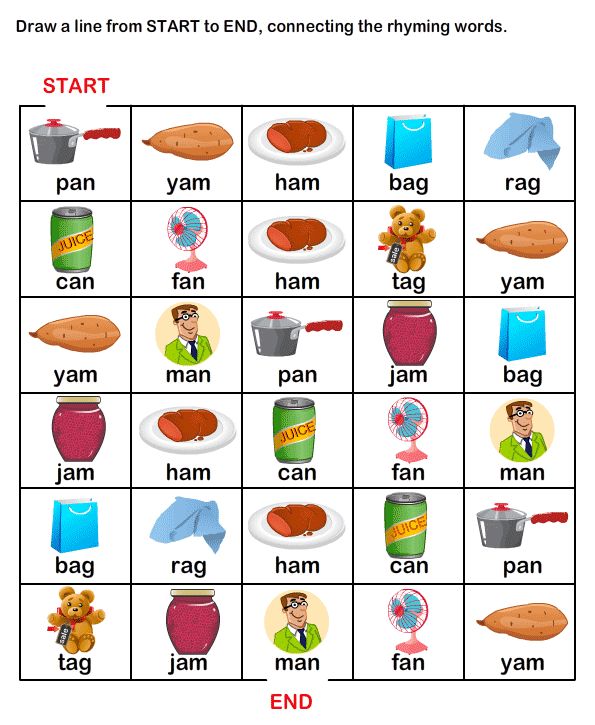 To this pair, “carrots” are often added to heighten mockery. The question is, how is that?
To this pair, “carrots” are often added to heighten mockery. The question is, how is that? 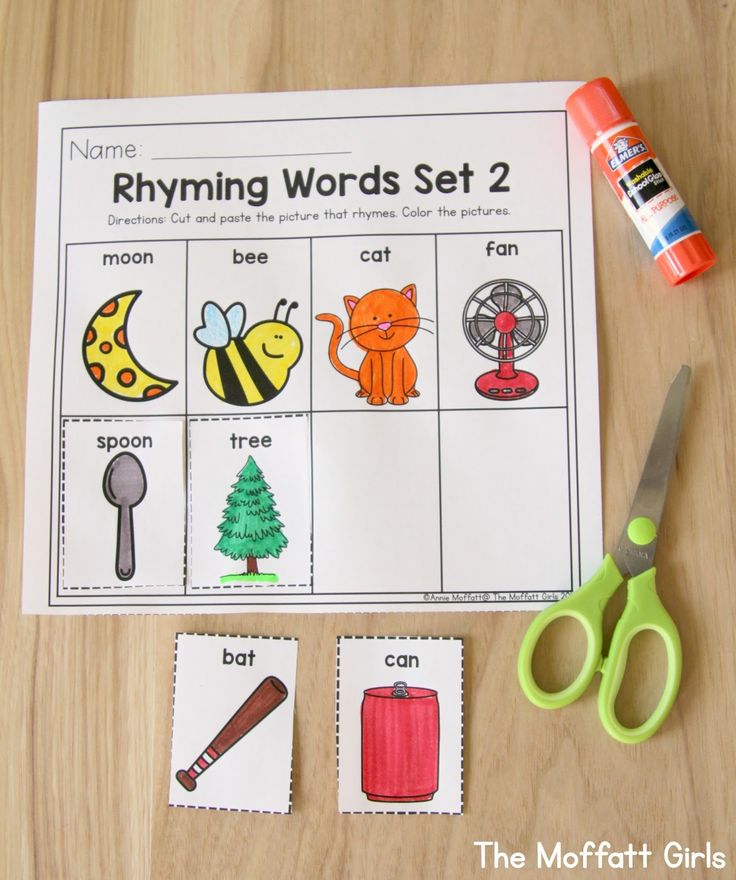
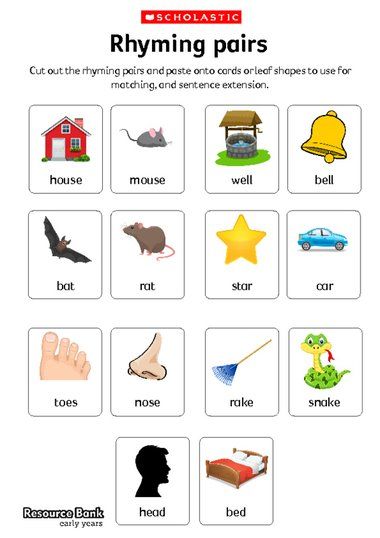 Probably the most interesting example in this regard can be found in the song "Dough":
Probably the most interesting example in this regard can be found in the song "Dough": 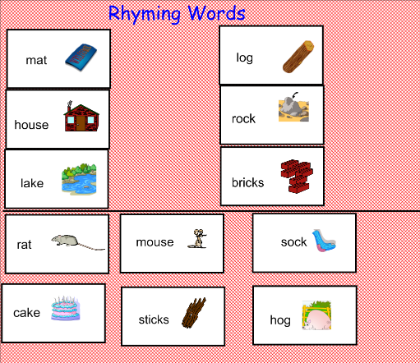
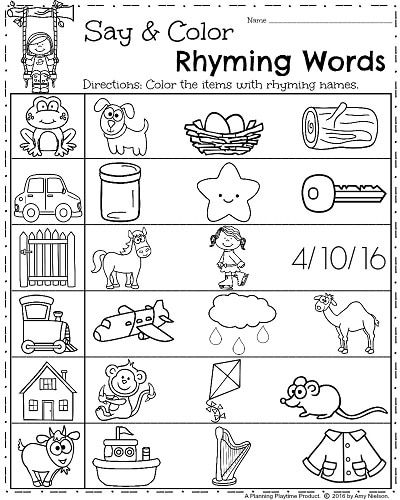 It seems to me that everything is not so trivial, it makes sense to note that all six lines are made in the same complex meter, which, however, has undergone numerous local corrections - in particular, assonant rhymes. Let's move on to rhymes.
It seems to me that everything is not so trivial, it makes sense to note that all six lines are made in the same complex meter, which, however, has undergone numerous local corrections - in particular, assonant rhymes. Let's move on to rhymes.  And, of course, this is not an accidental negligence. So, in the first pair of lines we have a complete match of the last five letters: road . This is the so-called "exact" and even very accurate rhyme, a double-edged technique - beautiful in itself, but when the rhyming words are in the same form, and in our case this is exactly the case, it threatens to slide into banality. Mismatched stress roads / (sU) roads just removes this banality, the effective rhyme remains.
And, of course, this is not an accidental negligence. So, in the first pair of lines we have a complete match of the last five letters: road . This is the so-called "exact" and even very accurate rhyme, a double-edged technique - beautiful in itself, but when the rhyming words are in the same form, and in our case this is exactly the case, it threatens to slide into banality. Mismatched stress roads / (sU) roads just removes this banality, the effective rhyme remains. 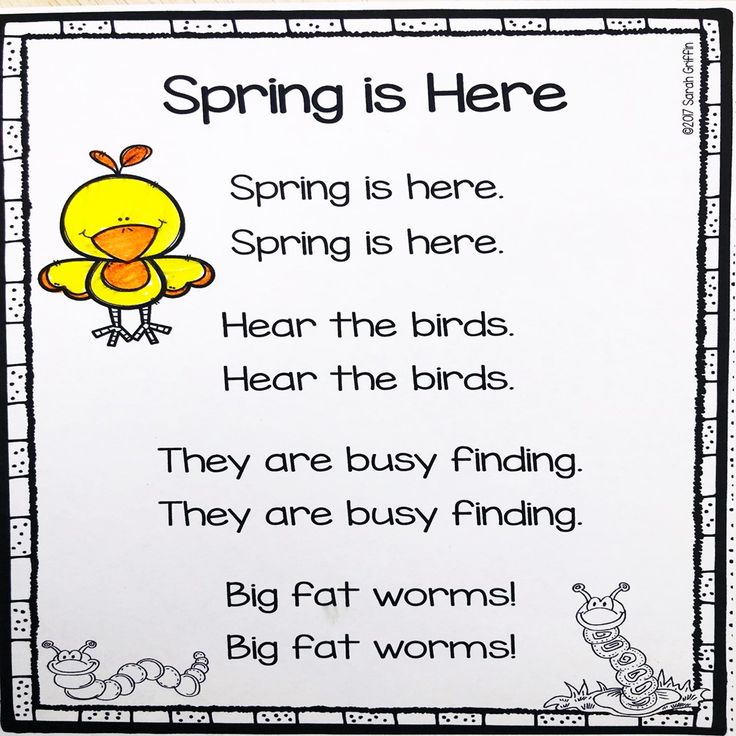 In fact, what at first seemed clumsy, turns into a rather high degree of verbal gourmandism.
In fact, what at first seemed clumsy, turns into a rather high degree of verbal gourmandism. 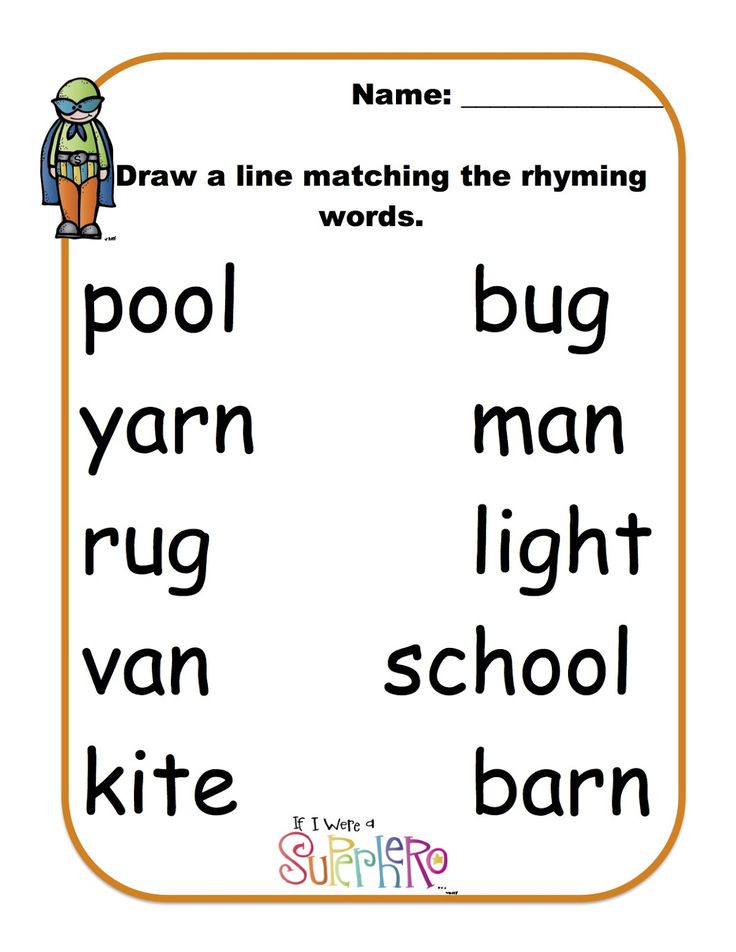 And it is also spectacular - unexpectedness and a good coincidence of consonants, alliteration.
And it is also spectacular - unexpectedness and a good coincidence of consonants, alliteration. 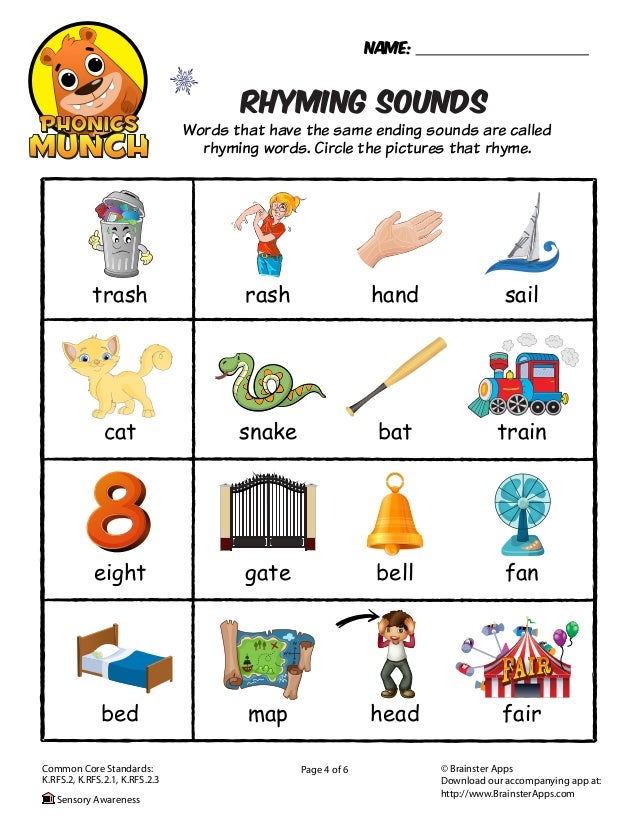 And there is not a single “bad” in the trivial sense of the word - poor quality, poor, banal - among these rhymes at all. And what about the semantic pair Terrible Itching / Lean Day , in which the keyword in the phrases denoting the same event is played both times, and in different ways? About two consecutive alliterative pairs grief - mountain, but laughter in furs ? Here, by the way, it makes sense to also note the alliteration create a gate , at the same time adding brilliance to the internal rhyme create / turn . And the last line, where three idioms are strung one on top of the other at once - and the output is by no means nonsense, but a multi-layered picture? In particular, in combination with the previous line, the image of a village forge.
And there is not a single “bad” in the trivial sense of the word - poor quality, poor, banal - among these rhymes at all. And what about the semantic pair Terrible Itching / Lean Day , in which the keyword in the phrases denoting the same event is played both times, and in different ways? About two consecutive alliterative pairs grief - mountain, but laughter in furs ? Here, by the way, it makes sense to also note the alliteration create a gate , at the same time adding brilliance to the internal rhyme create / turn . And the last line, where three idioms are strung one on top of the other at once - and the output is by no means nonsense, but a multi-layered picture? In particular, in combination with the previous line, the image of a village forge. 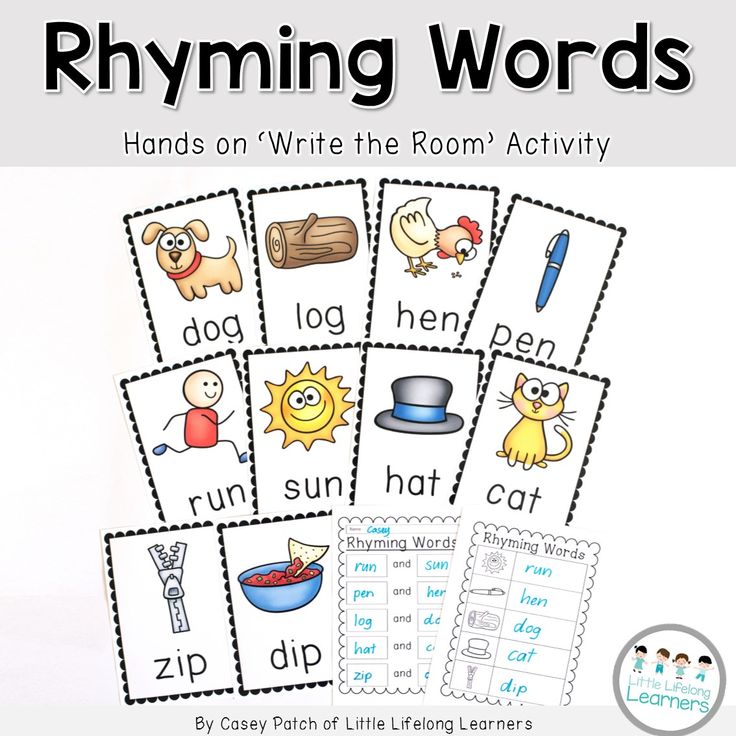 ..
.. 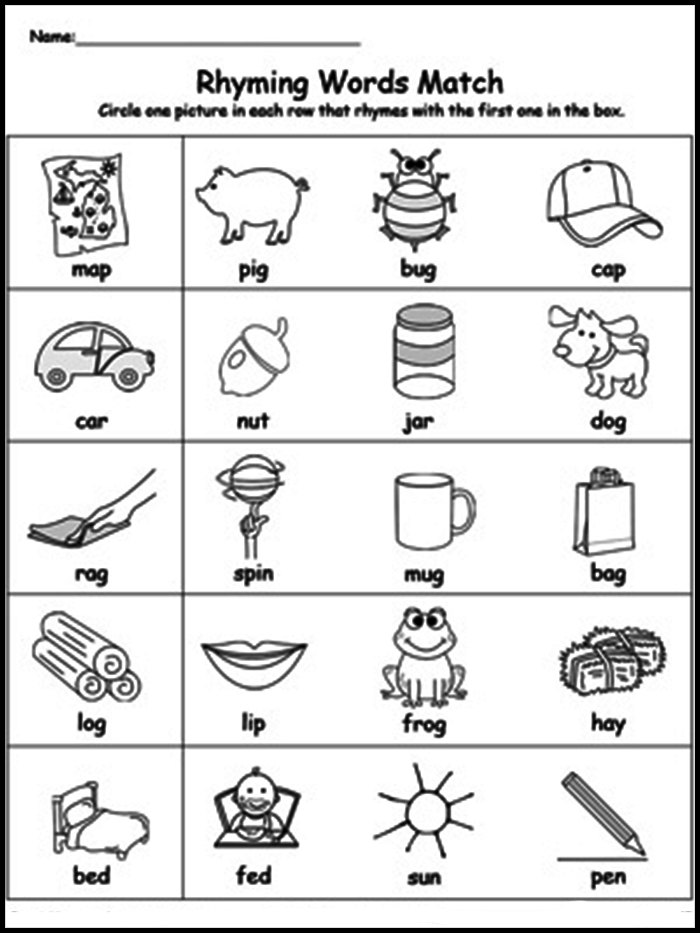 The intellect speaks in an unusual voice (it seems to be made up of separate echoes, in fact, the chapter is called Voices ), and his remarks are decorated with a dash. Which, as a first approximation, falls under the already formulated principle - a dash is sometimes used when the character's language is non-standard. The replicas of the heroine are given in a completely ordinary way.
The intellect speaks in an unusual voice (it seems to be made up of separate echoes, in fact, the chapter is called Voices ), and his remarks are decorated with a dash. Which, as a first approximation, falls under the already formulated principle - a dash is sometimes used when the character's language is non-standard. The replicas of the heroine are given in a completely ordinary way.  I'm going to figure it out.
I'm going to figure it out. 